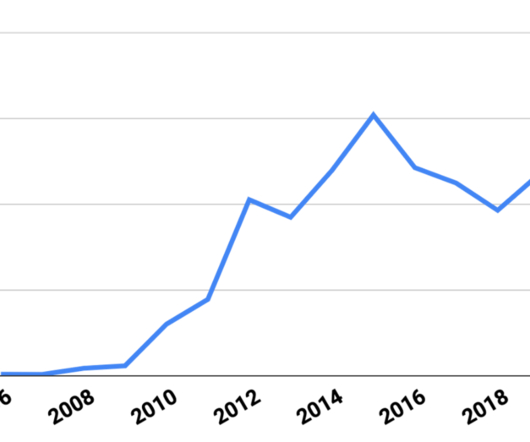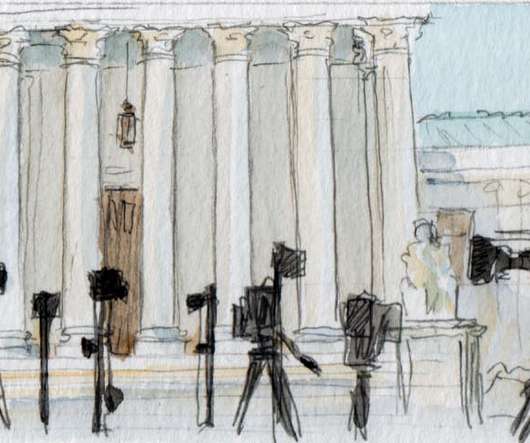Supreme Court rules suit cannot proceed against plainclothes officers who mistakenly attacked Michigan man
JURIST
FEBRUARY 26, 2021
The US Supreme Court ruled Thursday that a Michigan college student is unable to proceed with a Federal Tort Claims Act (FTCA) lawsuit against two federal officers who tackled him after mistaking him for a fugitive in 2014. ” The case now returns to the Sixth Circuit for further consideration on this issue.














Let's personalize your content